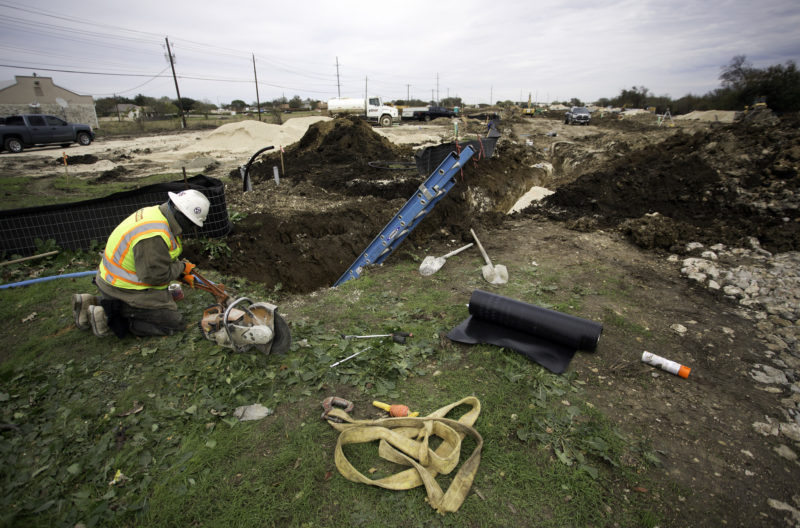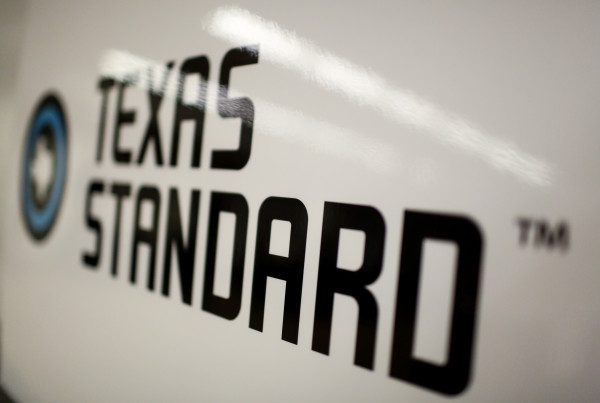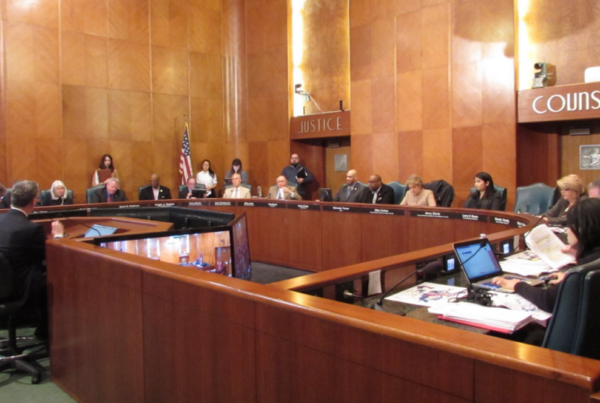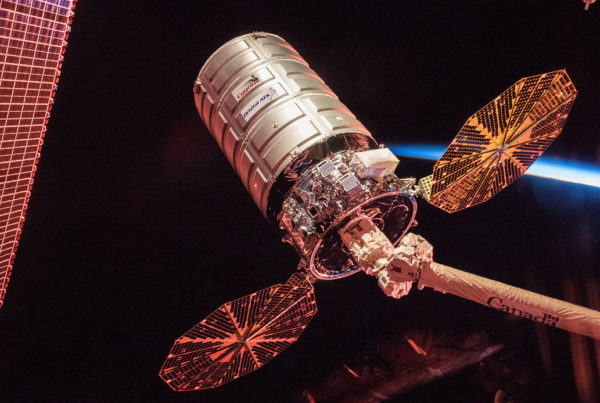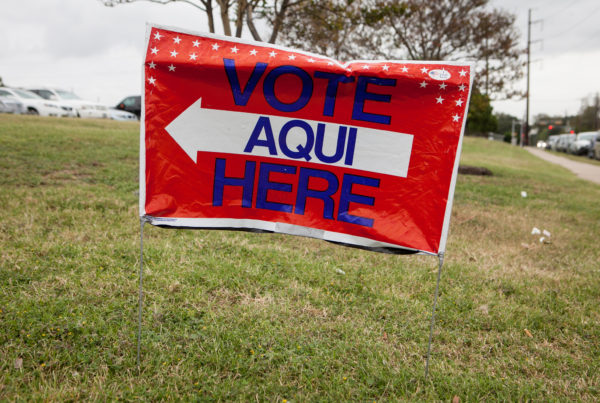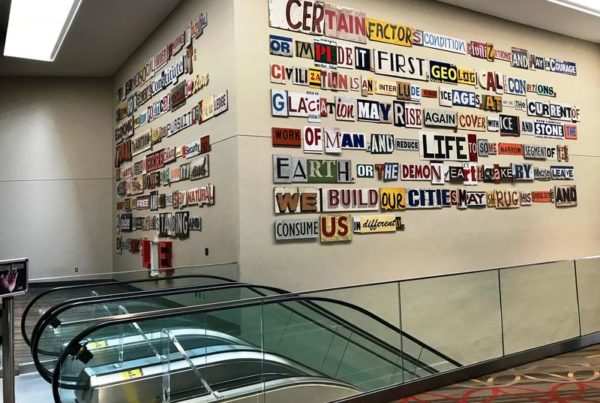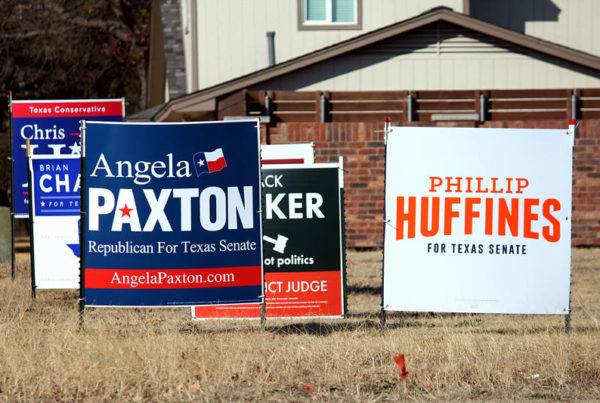In Washington, two big proposals from President Donald Trump are currently on the table. One is a budget plan that ramps up military spending but cuts domestic programs – and would add to the federal deficit.
The other is a $1.5 trillion infrastructure proposal that everyone seems to agree is needed. Leaders are not on the same page, though, about where exactly that money would come from.
Kevin Diaz, the Washington correspondent for the Houston Chronicle, says the Trump administration is proposing that states pay for most of the program, so the federal government would put in only $200 billion of the $1.5 trillion plan.
“About a quarter of that, about $50 billion of it, is supposed to be directed at rural infrastructure,” Diaz says, “which could be a huge boon for Texas, particularly outlying areas of the state. What they’re thinking of specifically is communications infrastructure, internet broadband, that kind of thing. Basically wiring rural America.”
State and local lawmakers in Texas haven’t weighed in on the plan yet, he says, because they’re still analyzing what the proposal would mean for them.
One of the local leaders trying to understand just how Trump’s infrastructure plan would affect his city is Corpus Christi Mayor Joe McComb.
Corpus Christi made national headlines a little more than a year ago after a contamination investigation left the city without safe drinking water for several days. McComb says that’s why inspecting industrial facilities is a high priority. He’s also focused on Corpus Christi’s wastewater treatment and collection systems.
“The collection system is old,” he says. “A lot of it is made out of clay pipe and they break after years of service. Some of them are 50 years old or so. And that’s a plan – we’ve got several projects underway and several projects on the drawing boards.”
He says he likes that the president’s infrastructure proposal could help expedite the regulatory approval process – but he’s concerned about the funding. In this plan, state and local governments will take on most of the responsibility for paying for the infrastructure improvements.
“It appears that in many cases they’re kind of flipping the match,” he says. “Where in the past, it’s kind of been an 80 federal, 20 local. But it looks like they’re putting 80 on the local and 20 on the federal, which really will bring things to a screeching halt in many cases because financially locally we just don’t have that kind of money.”
He says that will leave cities like Corpus Christi facing a tough decision.
“If you’ve got to come up with that additional money, you’ve either got to go out and get bonding or you’ve got to raise your taxes,” he says. “And I haven’t had anybody that has told me when I’m running for office ‘Please raise my taxes.’”
Written by Jen Rice.


